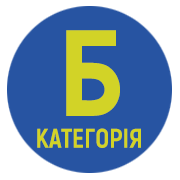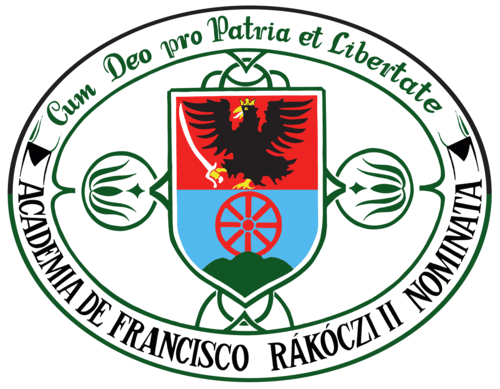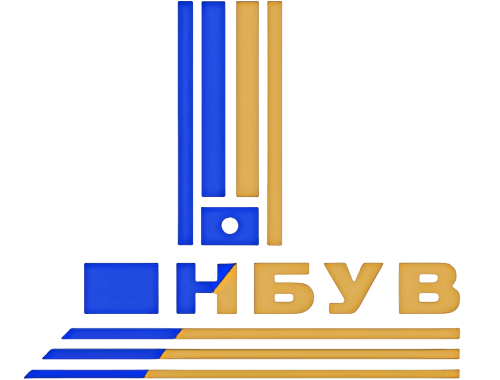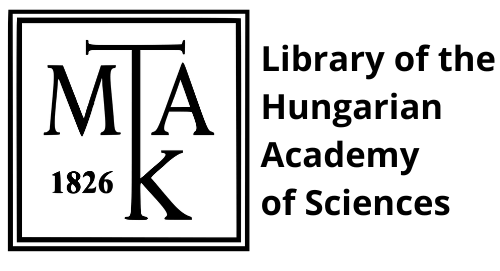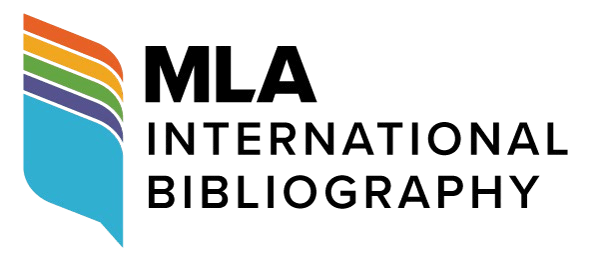Morphological analysis of pejoratives in “A Small Ukrainian Novel” by Andriy Lyubka
DOI:
https://doi.org/10.58423/2786-6726/2025-1-128-140Keywords:
emotional vocabulary, invectives, irony, morphological analysis, pejorative, Andriy Lyubka’s novel, literary discourseAbstract
The article provides a detailed morphological analysis of pejorative vocabulary used in the novel MUR (“A Small Ukrainian Novel”) by contemporary Ukrainian writer Andriy Lyubka. Pejoratives, as emotionally charged linguistic units, play an important role in creating a sarcastic, ironic, or negatively toned text. The study examines their function in artistic discourse, which helps to underscore the specificity of the characters, their emotional states, and the sociocultural context. The analysis covers 340 lexical units, of which 303 are classified as pejoratives and 37 as invectives. Pejoratives are divided into five main morphological categories: nouns, verbs, adjectives, adverbs, and participles.
The largest portion consists of nouns and verbs, which are used to characterize characters and describe actions. For instance, nouns “fifa”, “hutsul”, and “khakhal” (e.g., фіфа, гуцулик, хахаль) emphasize the social or gender affiliation of the characters, while verbs like “nalysiatysia” (to get drunk), “vydudlyty” (to drink up), and “potykatysia” (to poke around) (e.g., нализатися, видудлити, потикатися) create the dynamics of comedic or ironic situations. It is also noted that the novel’s text contains a number of noun phrases that denote characters or serve to describe and characterize people, characters, and situations. The verbs and verbal phrases of the pejorative lexicon denote processes of consumption, speech, spatial movement, thought, and the emotional state of a person, as well as the negatively evaluative connotation of certain actions – particularly those of an intimate nature and related to human physiology. In terms of frequency, the most common are the verbs and verbal phrases indicating processes of consumption, speech, and spatial movement; a total of 113 such verbs and verbal phrases have been analysed. Adjectives, adverbs, and participles in the novel characterize individuals through the prism of animal traits, physical appearance, and derogatory evaluative norms of behaviour.
The study emphasizes the importance of context in determining the function of pejoratives in the text. A contextual approach allows for accounting the interdependence between linguistic units and their emotional connotations. The use of pejorative and invective lexicon adds expression, realism, and a satirical nuance to the text. Special attention is paid to classification by morphological features, thereby broadening the understanding of the functionality of pejoratives in literature.
The relevance of this study is underscored by the growing interest in emotionally charged lexicon and its role in literary discourse. The practical value of the work lies in the potential application of its findings in linguistic and literary research, as well as in language instruction.
References
Bekhta, Ivan 2004. Dyskurs naratora v anhlomovnii prozi: monohrafiia [The Narrator’s Discourse in English-Language Prose: Monograph]. Kyiv: Hramota, s. 21–23. (In Ukrainian)
Bilokonenko, Liudmyla 2012. Peioratyvna y invektyvna leksyka v mizhosobystisnomu konflikti [Pejorative and invective vocabulary in interpersonal conflict]. Naukovyi visnyk Kryvorizkoho natsionalnoho universytetu 7/2: s. 119–127. https://doi.org/10.31812/filstd.v7i2.661 (In Ukrainian)
Bilokonenko, Liudmyla 2013. Semantychna deryvatsiia peioratyvnoi leksyky konfliktnoi komunikatsii [Semantic derivation of pejorative vocabulary in conflict communication]. Ridne slovo v etnokulturnomu vymiri: zb. nauk. prats, s. 22–28. https://doi.org/10.31812/0564/1822 (In Ukrainian)
Halahan, Valentyna 2008. Emotyvnist, ekspresyvnist ta konotatsiia yak zasib vyrazhennia otsinky [Emotiveness, expressiveness, and connotation as means of expressing evaluation]. Naukovi zapysky: Filolohichni nauky 80: s. 171–178. (In Ukrainian)
Holod, Oksana 2001. Osoblyvosti semantyky ta funktsionuvannia peioratyvnoi leksyky v suchasnii nimetskii movi: avtoref. dys. na zdobuttia nauk. stupenia kand. filol. nauk [Peculiarities of the Semantics and Functioning of Pejorative Vocabulary in Contemporary German: Abstract of Candidate of Philological Sciences Thesis]. Lviv: Lvivskyi natsionalnyi universytet imeni Ivana Franka. (In Ukrainian)
Kulchytska, Olena 2011. Osoblyvosti semantyky peioratyvnoi leksyky (na materiali tsyklu romaniv «Sutinkova saha» Stefani Maier) [Semantic peculiarities of pejorative vocabulary (based on Stephenie Meyer’s Twilight Saga)]. Inozemna filolohiia. Ukrainskyi naukovyi zbirnyk 123: s. 64–70. (In Ukrainian)
Lyubka, Andriy 2020. «Malyi ukrainskyi roman» [“A Small Ukrainian Novel”]. Chernivtsi: Merydian Chernovits. (In Ukrainian)
Stavytska, Lesia 2005. Arho, zharhon, slenh: sotsialna dyferentsiatsiia ukrainskoi movy [Argot, Jargon, Slang: Social Differentiation of the Ukrainian Language]. Kyiv: Krytyka. (In Ukrainian)
Stavytska, Lesia 2005. Ukrainskyi zharhon: slovnyk [Ukrainian Jargon: Dictionary]. Kyiv: Krytyka. (In Ukrainian)
McCready, Eric 2010. Varieties of conventional implicature. Semantics and Pragmatics 3/8: pp. 1–57. https://doi.org/10.3765/sp.3.8
Downloads
Published
How to Cite
Issue
Section
License
Authors retain copyright and grant the journal the right of first publication. The work is simultaneously licensed under a Creative Commons Attribution 4.0 International License (CC BY 4.0), which permits others to share the work with appropriate credit given to the author(s) and the initial publication in this journal.

